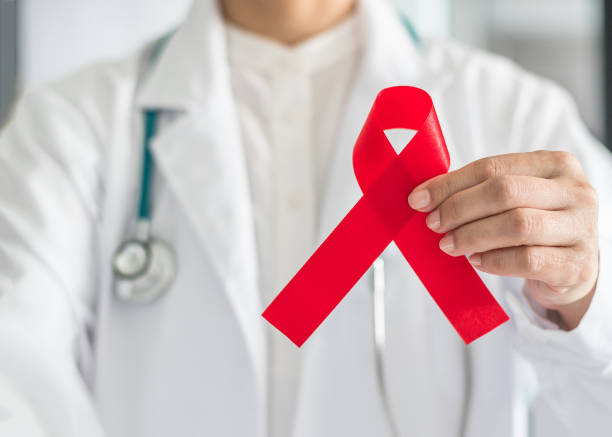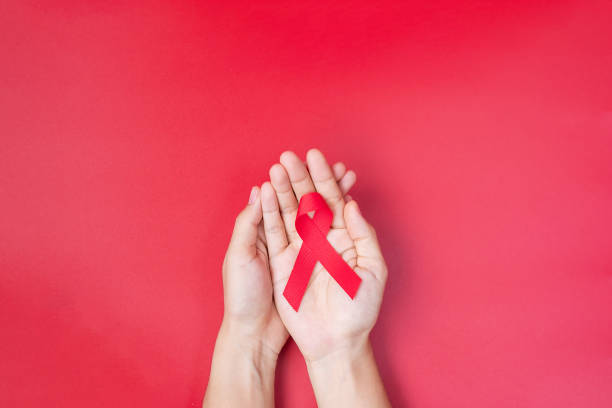A person's diagnosis of HIV is a devastation. Even though Human Immunodeficiency Virus has become considered a "death sentence" as it used to be in the past and being told that you suffer from an incurable condition could affect your mental health, and profoundly affect the way you live your everyday life. Friends and family are the most important source of help for HIV-infected individuals. Three tips on caring for Human Immunodeficiency Virus positive individuals from Singapore's Human Immunodeficiency Virus clinic.
Be wary of prejudices and discrimination
There is still a huge stigma surrounding Human Immunodeficiency Virus. You need to be educated on Human Immunodeficiency Virus and also your personal beliefs in order to understand and support the HIV affected person.

Of most notable importance is the ways HIV is transmitted. Many family members who are HIV positive do not understand how Human Immunodeficiency Virus works, and become wary of their interactions with people suffering from the disease.
HIV can't be passed on through drinking or eating, through the sharing of cutlery or utensils by saliva, or by physical contact (such as handshakes, hugging or holding someone). It is the only way HIV can be transmitted through the sexual act or by injections. Make sure you are aware of your behaviors that can increase your chances of Human Immunodeficiency Virus infection Go here for more information about HIV now.
Being aware of this, caregivers should refrain from having conversations or contact with patients. Instead, they must treat patients much like how they would handle them if they didn't have Human Immunodeficiency Virus, to make them feel safe and understood.
Encourage your patient to live a healthier lifestyle
HIV-infected individuals are not impaired from physical activity. Instead, they should be encouraged to perform physical exercise that they enjoy, as they are unlikely to cause injuries. Light physical activities like jogging, dancing and playing light sports (e.g. frisbee or badminton) are advised to help the patient's body remain physically active and fit. The physical activity must be discussed by the doctor for patients who suffer from Human Immunodeficiency Virus.
It is essential that patients eat a balanced and healthy diet. Understanding what they find appealing and dislike about food is crucial for them to create a diet plan. A patient's diet does not require drastic changes during their initial stages of an Human Immunodeficiency Virus illness. Do not make the patient take food. This can cause anxiety and depression.
Remind them to stay away from alcohol and tobacco, which increase their body's susceptibility to infections.

Talk openly and directly regarding their treatment as well as their daily lives
Aid the patient. A patient appreciates the same people who care for them the same way as they would any other person with or without HIV. Ask them what they are doing, or about their daily lives. Learn the more they are like as individuals. Sometime, illnesses bring families closer, instead of separating them.
Assist them with getting the treatment they need. Make sure they attend their appointment with the doctor. Remember to remind them of their medications. Inform them of the medication they receive and what their feelings about each session is.
Comments
Post a Comment